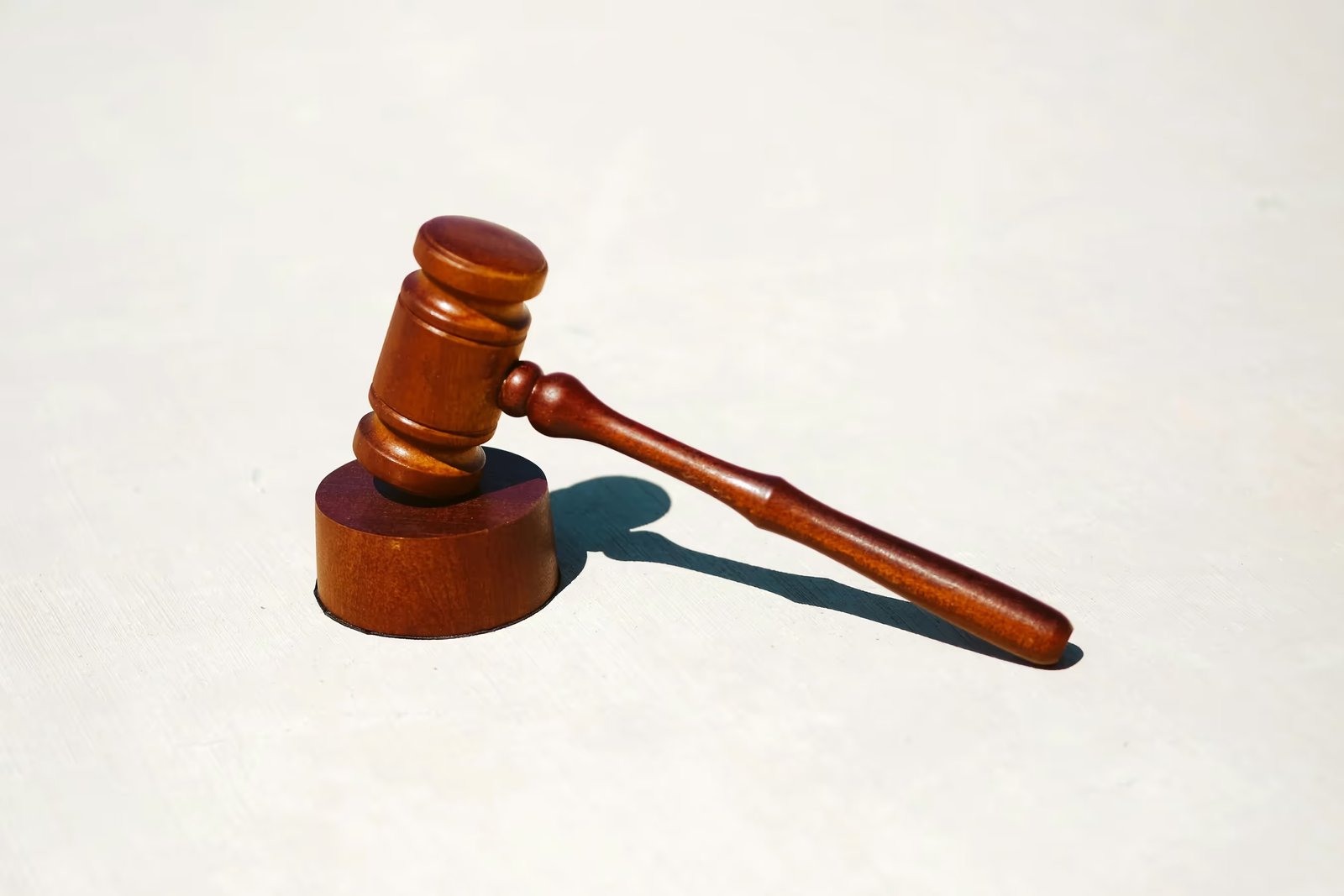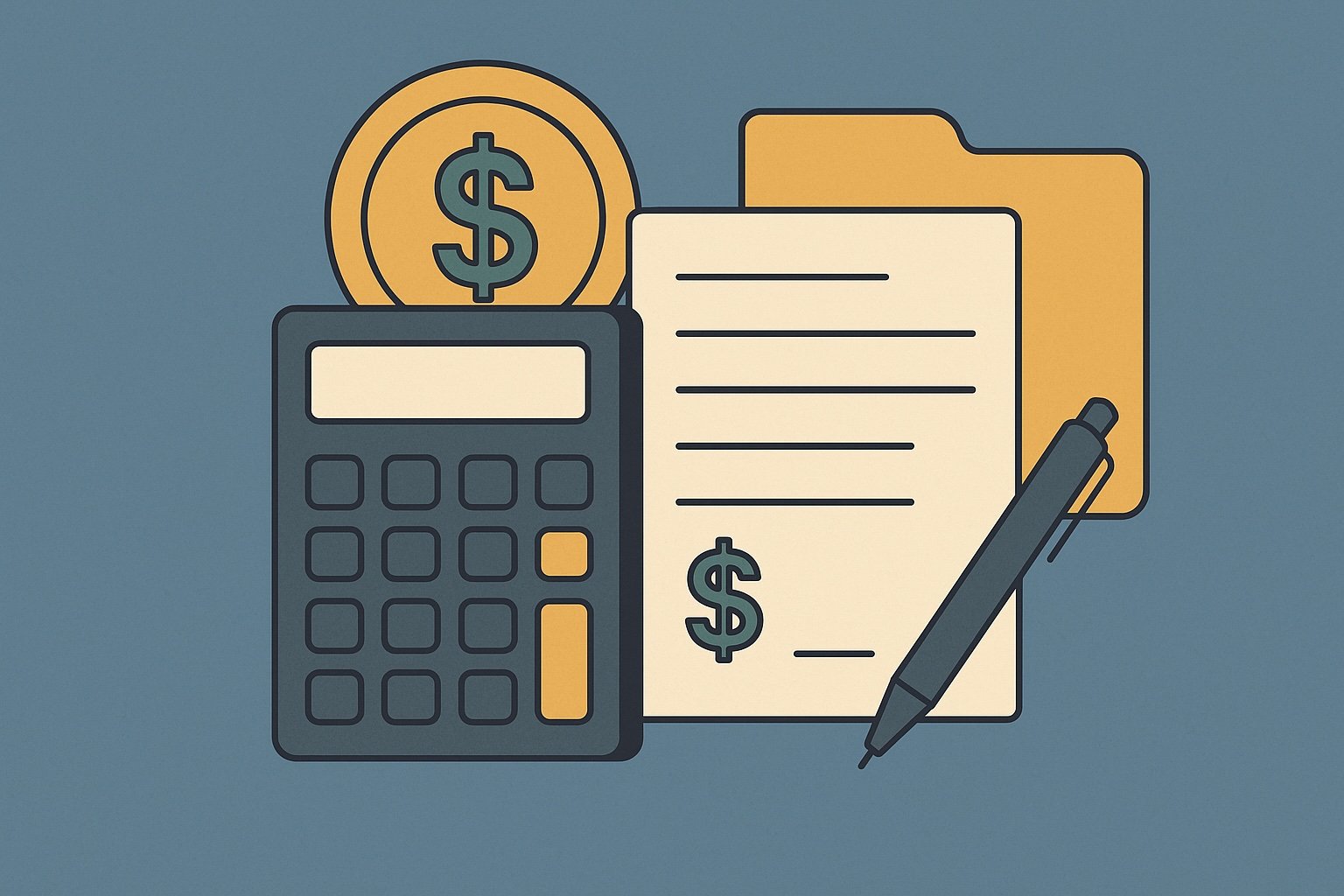Question
ARTE's Answer
The duration for which you can defer taxes using a 1031 exchange is not limited by a specific time frame in terms of years, but rather by the conditions and structure of the exchange itself. The deferral of taxes is contingent upon the successful completion of the exchange process and the continued holding of the replacement property in accordance with the rules set forth by the IRS.
When you engage in a 1031 exchange, you are essentially deferring the recognition of capital gains taxes on the sale of your relinquished property by reinvesting the proceeds into a like-kind replacement property. The deferral continues as long as you hold the replacement property and do not sell it in a taxable transaction. If you continue to exchange properties through subsequent 1031 exchanges, you can potentially defer the taxes indefinitely, even passing the deferred tax liability to your heirs, who may benefit from a step-up in basis upon inheritance.
To illustrate, let's consider an example using Deferred.com as your qualified intermediary. Suppose you own an investment property that you purchased for $200,000, and it is now worth $500,000. You decide to sell this property and use the proceeds to purchase a new investment property worth $600,000. By engaging Deferred.com as your qualified intermediary, you initiate a 1031 exchange.
- Sale of Relinquished Property: You sell your original property for $500,000. The proceeds from this sale are held by Deferred.com, ensuring you do not have constructive receipt of the funds, which is crucial for maintaining the tax-deferred status.
- Identification Period: Within 45 days of selling your relinquished property, you must identify potential replacement properties. This is a critical step, as failing to identify within this period can disqualify the exchange.
- Exchange Period: You have 180 days from the sale of your relinquished property to close on the purchase of your identified replacement property. In this example, you purchase a new property for $600,000, using the $500,000 held by Deferred.com and an additional $100,000 from other sources or financing.
- Deferral of Taxes: By completing the exchange within the specified time frames and reinvesting in a like-kind property, you defer the capital gains taxes on the $300,000 gain from your original property.
The deferral continues as long as you hold the replacement property. If you decide to sell this property in the future, you can choose to perform another 1031 exchange, further deferring the taxes. This cycle can continue indefinitely, allowing you to build wealth through real estate investments without the immediate tax burden.
At Deferred.com, we offer a "No Fee Exchange," which can save you money on the transaction, making it an even more attractive option for investors looking to maximize their returns. By using our services, you ensure compliance with IRS regulations and benefit from our expertise in facilitating seamless 1031 exchanges.
Have more questions? Call us at 866-442-1031 or send an email to support@deferred.com to talk with an exchange officer at Deferred.
Sources
- Goolsby v. Commissioner
- TAM 200039005 (Failed Reverse Exchanges)
- Rev. Proc. 2003-39
- Deferring Losses On The Sale of Property Using 1031 Exchanges
- What To Do About Exchange Expenses in a Section 1031 Exchange? (Article)
- TC Memo 2014-110
- Rev. Rul. 2002-83 (Related Party Exchanges)
- Evolution of Section 1031 Exchanges
- TD 8535 (Like-Kind Exchanges of Real Property-Coordination with Section 453)
1031 Question? Ask ARTE
Deferred's AI 1031 Research Assistant is trained on 8,000+ pages of US tax law and outperforms human CPAs by 22%+
CHAT NOW
Learn More
See more frequently asked questions about 1031 exchanges








